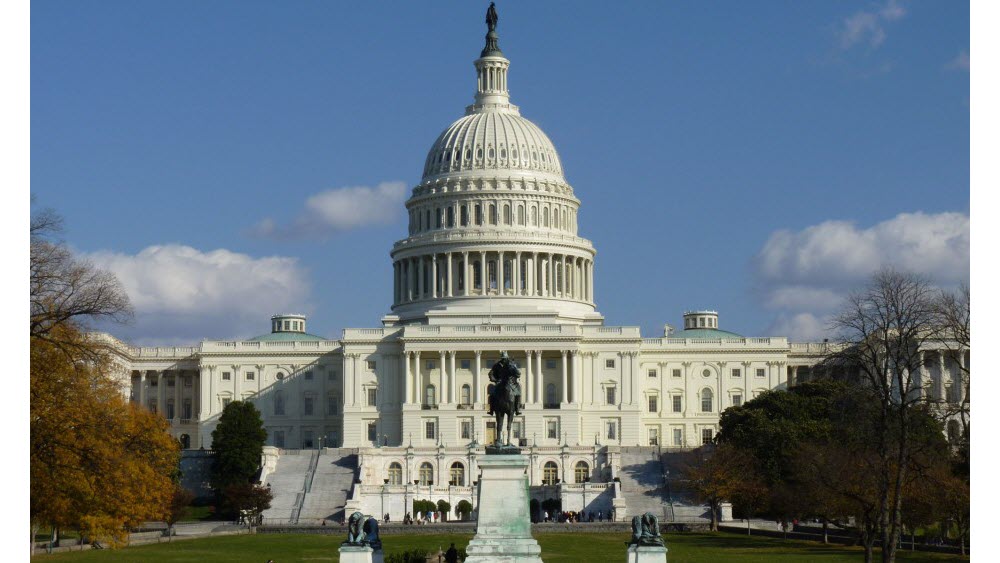Conservatives Push for Opening All 6 GHz Spectrum to Unlicensed

The smarter way to stay on top of broadcasting and cable industry. Sign up below
You are now subscribed
Your newsletter sign-up was successful
A number of conservative groups are pushing the FCC to free up spectrum in the 6 GHz band, saying it is underutilized and the risks to incumbents overstated.
The commission under FCC chair Ajit Pai has proposed allowing dynamic sharing of the band between incumbents, including licensed broadcast ENG users and utilities, and unlicensed users.
Related: Broadcast, Cable Square Off Over 6 GHz
"By opening the 6 GHz band for unlicensed use, the FCC would enable massive technological innovation by designating a highly underutilized portion of radio spectrum for wider and more efficient use," they wrote Ajit Pai Friday (Feb. 14).
They opened the letter with something of a valentine to the chairman, saying that under his leadership the country could "soon see tremendous technological and economic rewards."
Broadcasters and utility companies have warned about interference to their licensed uses, but the groups say that there are "too many benefits to opening up this valuable spectrum to take these extreme warnings at face value."
Computer companies want the FCC to free up the entire 1200 MHz of 6 GHz spectrum, while broadcasters say the FCC can free up some, but should not let unlicensed users share the ENG band.
The smarter way to stay on top of broadcasting and cable industry. Sign up below
The conservative groups are clearly in the former camp. "Although some incumbent users of the 6 GHz spectrum paint a bleak and fearsome picture of sharing this spectrum, technology already successfully in use can enable coexistence in the band."
Contributing editor John Eggerton has been an editor and/or writer on media regulation, legislation and policy for over four decades, including covering the FCC, FTC, Congress, the major media trade associations, and the federal courts. In addition to Multichannel News and Broadcasting + Cable, his work has appeared in Radio World, TV Technology, TV Fax, This Week in Consumer Electronics, Variety and the Encyclopedia Britannica.

